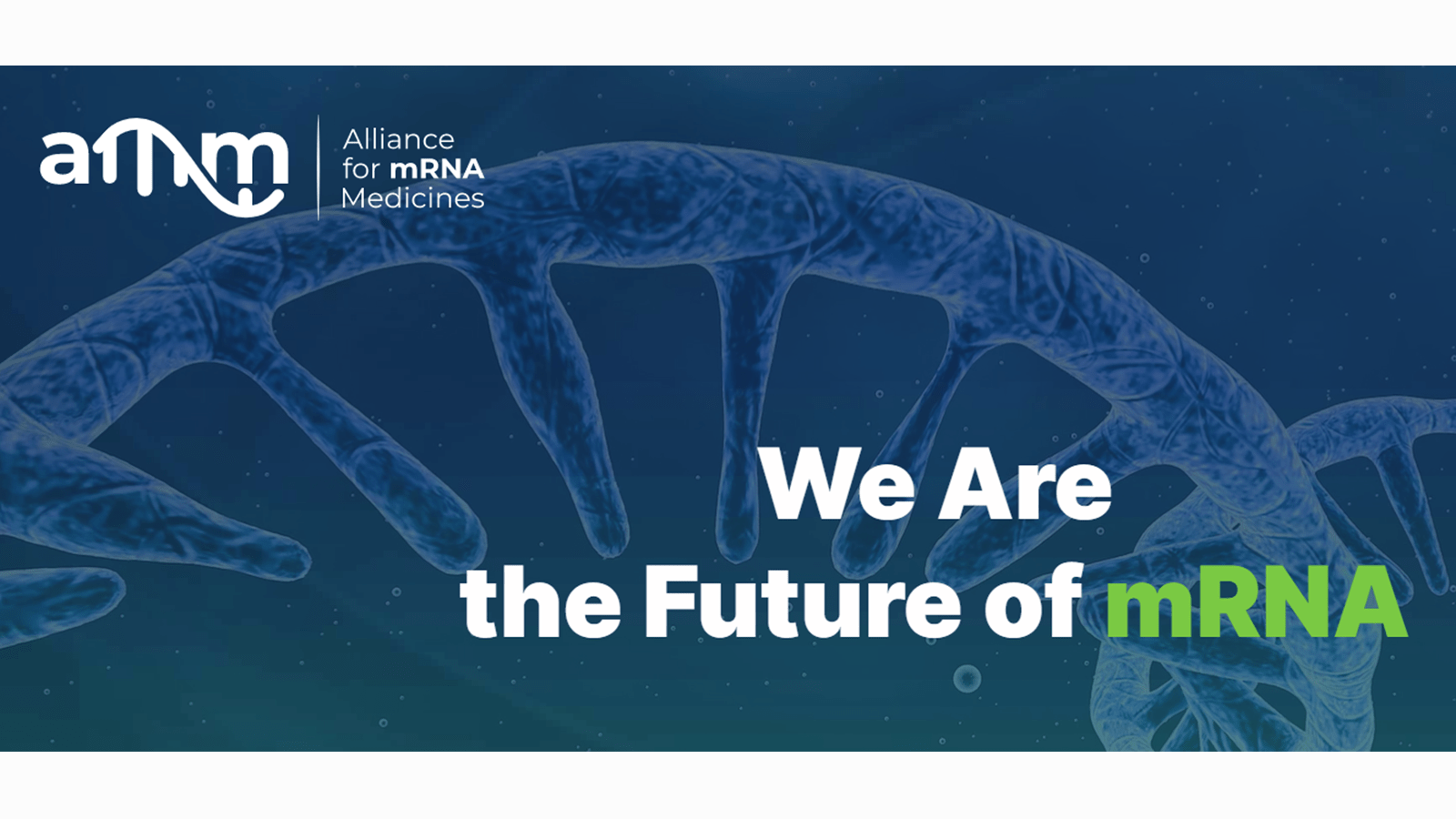The momentum keeps rolling for mRNA, the technology that led to a quick and effective vaccine against COVID-19.
Two scientists who worked for decades before making breakthrough discoveries about messenger RNA are this year’s Nobel Prize winners in Medicine. The Alliance for mRNA Medicines has formed to convene and empower mRNA industry leaders, innovators, scientists and other key stakeholders in the continued drive to innovate in mRNA science. And the topic is getting attention from top officials in Washington.
This fall, the Alliance for mRNA Medicines (AMM), traveled to the nation’s capital to meet with federal health officials, including Dr. Peter Marks, Director of the Center for Biologics Evaluation and Research (CBER) at the U.S. Food and Drug Administration.
Three CSL officials joined the delegation for two days of meetings. CSL, a global biotech, includes CSL Behring, which makes medicines for rare and serious diseases; CSL Vifor, a leader in iron deficiency and nephrology; and CSL Seqirus, a leading vaccine provider. CSL has been actively conducting research on self-amplifying mRNA (sa-mRNA) and, in December 2022, announced the finalization of an agreement that grants access to a late-stage self-amplifying mRNA (sa-mRNA) vaccine platform technology.
Representing CSL at the D.C. sessions were Roberta Duncan, Vice President, mRNA program, Vaccines Innovation Unit, David Schmickel, Director, Global Regulatory Science, Policy and Intelligence for Vaccines and Christine Farquharson, Director, Federal Policy & Government Affairs, Commercial.
“mRNA technology has progressed from promise to proven through the success of the COVID-19 vaccines, but that is the beginning of the story. I was delighted to represent CSL and come together with AMM colleagues to engage policymakers in discussion on mRNA technology,” Duncan said. “I was encouraged by the level of interest, the wide range of questions on mRNA –from manufacturing and supply chain to pricing and pandemic preparedness – and general alignment to the AMM mission.”
The AMM group met with congressional committees and federal agencies, including leaders from the Cancer Moonshot, the White House Office of Science and Technology Policy and the Center for Medicare and Medicaid Innovation (CMMI). They discussed the future of mRNA technologies, regulatory standards, patient access and innovation.
AMM, a global organization, represents recognized mRNA innovators in the field and is “dedicated to advancing and advocating for mRNA and next generation encoding RNA therapeutics and vaccines for the benefit of patients, public health, and society.”



